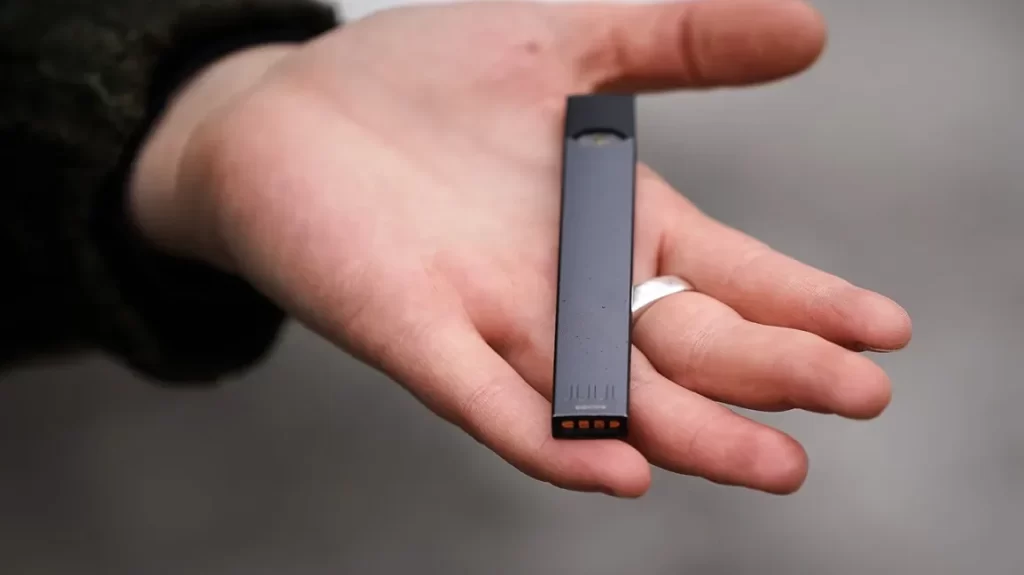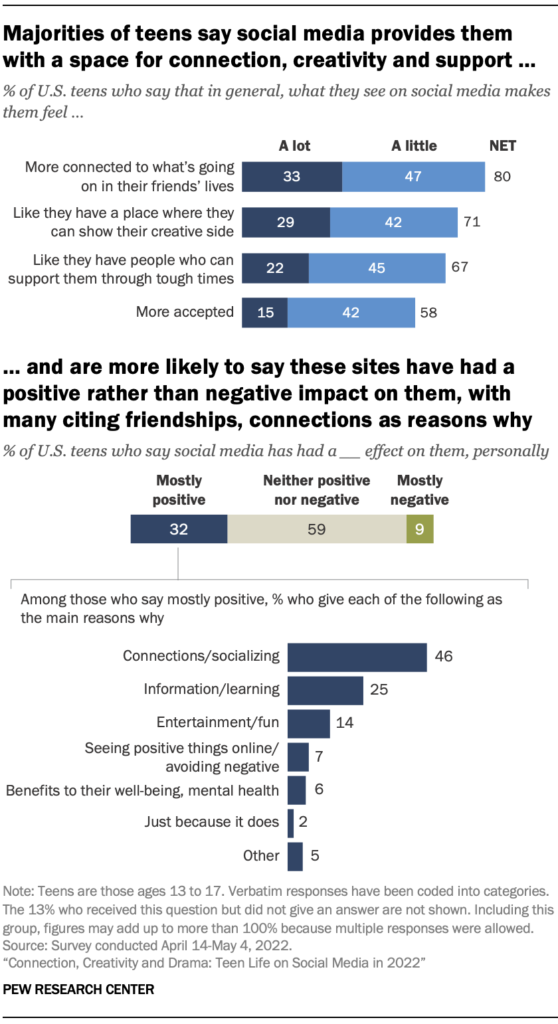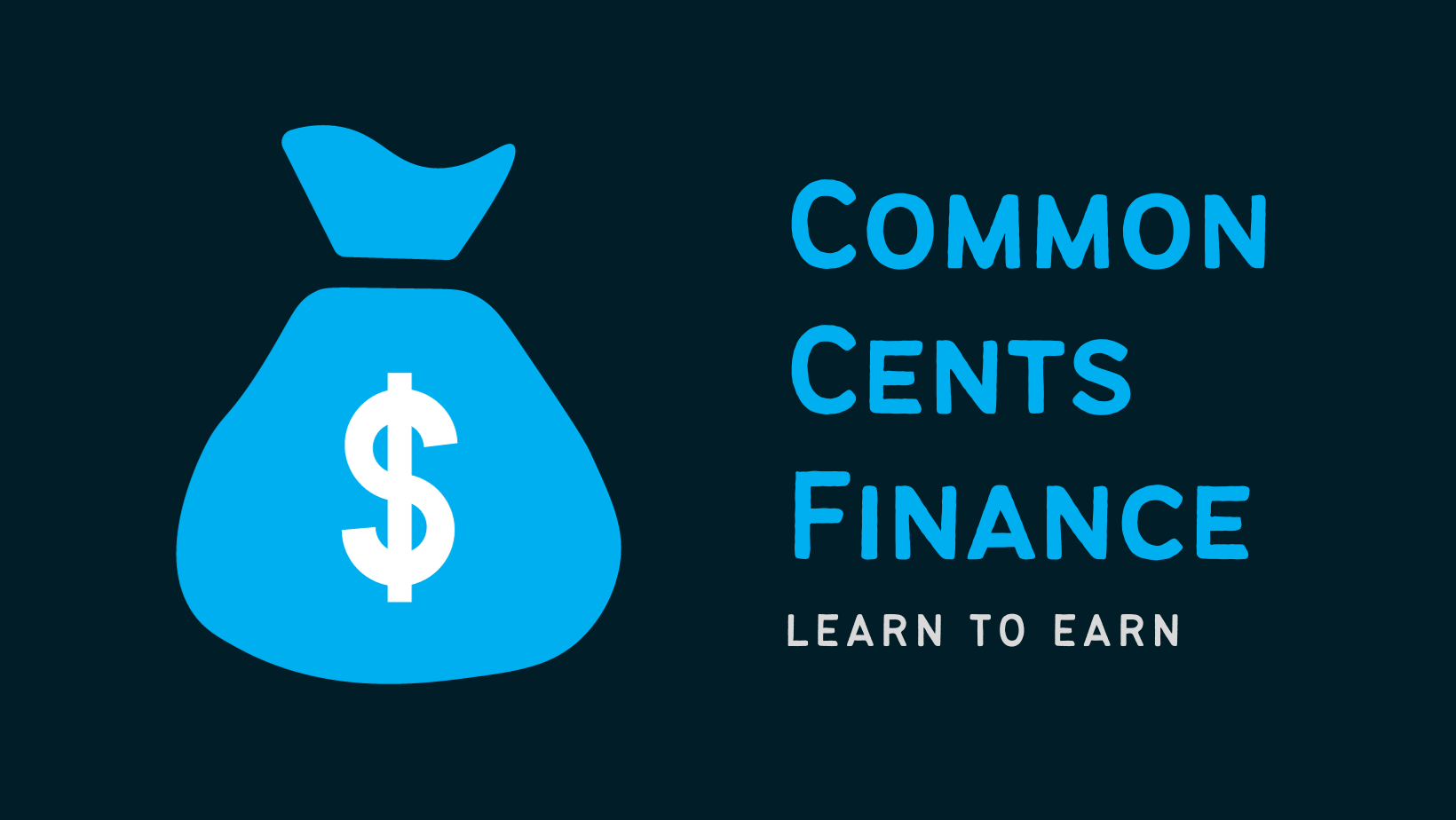Juul, the e-cigarette company, made headlines recently for getting caught in some legal issues (again). As I started reading the article, the more it came clear to me: some parents take no responsibility for their bad parenting.
I’m not looking to defend corporations. Many of these companies are rightfully to blame and should face consequences. However, I feel like nowadays we like to blame these companies for everything, especially with parenting recently.
In the case of Juul and social media (which you’ll see shortly), many are looking to blame them for harm caused to the children of America. But, last time that I checked, children don’t have complete autonomy over their actions. Most children are under parental supervision (or an apparent lack thereof). Then, why aren’t parents preventing these so-called dangerous behaviors?
Why Juul’s Future Might Be Up in Smoke

In 2019, the state of Minnesota sued Juul stating that it is a public nuisance. The ‘public nuisance theory’ gives businesses legal liability for creating societal harm, such as environmental damage. This is the first time the argument has been used against vaping.
While this is unprecedented for e-cigarettes, this is not the first time that this theory has been used against corporations selling allegedly harmful products. For example, as a result of this theory, Johnson & Johnson was ordered to pay $572 million for its part in the opioid crisis.
“There’s no doubt that, like opioids, the marketing and sales of Juul was a nuisance,” Ellison said in an interview. “Juul basically copied the playbook of tobacco 25 years ago and replicated these deceptive, slick advertising moves.”
Keith Ellison, Minnesota Attorney General
Minnesota Attorney General Keith Ellison understands this precedent and sees e-cigarette companies as no different than those responsible for pushing opioids. In this instance, the basis of this public nuisance argument is that Juul deceptively advertised to young Americans to get them addicted to its products.
Is this actually the case? Let’s look at some numbers.
Here are the Facts
In 2021, over 2 million US high school students reported using electronic tobacco products. From 2011 to 2018, the number of high school students that vaped increased from 1.5% to 20.8%. Over this same stretch, middle-school e-cig users rose from 0.6% to 4.9%.
This has led to a swarm of legal issues for the company. In addition to Minnesota’s lawsuit, there have been a number of other cities and states that have sued Juul on the grounds that they deceptively marketed their products. The company has had to pay hundreds of millions in settlements as a result.
In 2022, the FDA actually banned Juul. However, according to the Wall Street Journal, this ban had nothing to do with its impact on children and teenagers. Rather, it was due to technical issues. Regardless, this left the company in a very bad spot. The company was narrowly able to avoid bankruptcy due to last-second funding efforts.
The Harms of Vaping
This trend of vaping has caused many young adults to have nicotine addictions, which has caused a spike in young smokers. Vaping is indeed safer in some regards; tobacco products contain more than seven thousand chemicals, seventy of which are carcinogens (CDC). Despite this, Juul is not a healthy alternative to cigarettes. Vaping simply provides a new medium for one’s nicotine addiction.
For reference, one Juul pod has about 40mg of nicotine, which is the equivalent of an entire pack of cigarettes. This may seem alarming in itself; however, it is more alarming that young adults go through these pods in mere hours. At these rates, vapers easily consume more nicotine than traditional smokers do.
There are harms in nicotine itself, including mood disorders, impulse control, and addiction. It also can impair brain function/development and increase blood pressure, heart rate, and the flow of blood to the heart. Johns Hopkins states that such nicotine use could actually lead to heart attacks. In addition to the harms of nicotine, vaping products can also contain harmful chemicals, like vitamin E acetate.
Johns Hopkins also found that e-cigarette use can lead to lung damage, such as chronic lung disease and asthma. As of February 2020, the CDC states that there were a total of 2,807 e-cigarette or vaping use-associated lung injury (EVALI) cases and 68 deaths.
Is Juul or Bad Parenting at Fault?

Juul is definitely at the forefront of where to place blame for the rise in e-cigs among young Americans. Their inclusion of fruity flavors was most definitely an attempt to gain underage users. These flavors would not be as appealing to a more mature demographic, which is the target market that the company should have had.
However, when it comes to this topic, many make it seem like Juul is the only culprit and all other parties are blameless. In my opinion, that’s simply not the case.
For one, why don’t we place blame on governments for not taking proactive measures to fight this? Juul actually made this point in a motion targeting the Minnesota state government:
“The State collected over $840 million in tobacco-related settlements and taxes in 2017, and another $750 million in 2018… Yet both years, the State spent less than 1% of that money on prevention and cessation efforts. In other words, the State consistently collected a hundred times as much in tobacco taxes and settlement fees than it spent on tobacco-control measures.”
Statement from Juul
While the government has taken action (as seen by the lawsuits), much of this is retroactive after much of the harm was done. However, it could be easier to say that now in retrospect.n So, Juul does make an interesting argument, but I wouldn’t go as far as to say that this removes them from guilt.
But, the government isn’t the group I wanted to discuss here. I wanted to talk about another party that should take more scrutiny than they are receiving: the parents.
Where are the parents of these children? Why do we not place any responsibility on the adults in the situation?
I understand not being able to control every aspect of a child’s life, especially in later teen years. But, there are statistics to show that bad parenting is at play. Many parents simply are out of touch with their children, especially when it comes to vaping.
Parents are Out-of-Touch
The University of Michigan found that only 3% of parents of 15-18-year-olds believe their child vapes. This is while 1% of parents of 11-14-year-olds believe their child vapes. A CDC study found that 14% of high school students and 3% of middle schoolers have vaped in the last 30 days.
This suggests that most parents are overconfident in their ability to tell if their child is using e-cig products. So, while Juul is definitely at fault for actively marketing its products to minors, parents really need to step up. While blaming a corporation is fun and easy to do, we really need to start holding parents accountable for their bad parenting.
In other words, parents are out of touch with their children’s interests. And, this is very evident when it comes to their social media use.
Parents vs. Social Media

In 2023, school districts also used the public nuisance theory to sue social media companies, like Meta and Alphabet, claiming that their products spurred a mental health crisis among young Americans.
“Our students — and young people everywhere — face unprecedented learning and life struggles that are amplified by the negative impacts of increased screen time, unfiltered content, and potentially addictive properties of social media… We are confident and hopeful that this lawsuit is a significant step toward reversing this trend for our students.”
Seattle Superintendent Brent Jones said in an emailed statement Jan. 10
The Facts

Young Americans definitely use social media at an alarming rate. A 2018 Pew Research study found that 97% of teenagers are on social media, which is an increase from 2015.
To an extent, I agree that social media use can be damaging for young children. Having a line of communication with anyone on the internet can bring dangers, such as cyberbullying and online predators. These phenomena can lead to serious consequences, especially for those as impressionable as children.
So, you can understand why some parents and teachers might be concerned about their use. However, like with vaping, why do we act like parents can’t take preventive action?
Is It Social Media or Bad Parenting?

Unlike Juul, I don’t see how social media is at fault for anything here. For one, there’s an argument that social media isn’t harming the mental health of children. Pew Research has found that social media has largely positive impacts on children. This suggests that adults are out-of-touch with the impact of social media on children.
In addition to that, it’s ridiculous to think that social media companies have responsibility for the behavior of their users. It’s especially ridiculous to think they’re responsible for children while the parents aren’t.
There really isn’t evidence to support that parents are taking precautions for their children’s internet safety. While two-thirds of parents express concern about their children sharing private information, only 56% of parents report using privacy settings to limit data sharing for their children.
In a University of Michigan poll, 39% of parents said it is too consuming to monitor their child’s internet activity. The same poll also found that 21% of parents were unable to find the information needed to set up parental controls.
“The underlying argument is that the tech industry is to blame for the emotional state of teenagers, because they made recommendations on content that has caused emotional harm… It would be absurd to sue Barnes & Noble because an employee recommended a book that caused emotional harm or made a teenager feel bad. But that’s exactly what this lawsuit is doing.”
Carl Szabo, VP & General Counsel of the Tech Industry Trade Association NetChoice.
Parents and guardians need to take the initiative in protecting their children in their social media use. Unfortunately, that is currently not the case, which highlights the prevalence of bad parenting. How can you complain about your own child’s social media use when you do nothing to prevent or limit it?
Bottom Line
The controversies surrounding vaping and social media are attempts to dodge blame for bad parenting. Parents are clearly out of touch with their children’s interests, which can be dangerous to the children involved. (The same parents who gave their two-year-old an iPad are the same ones looking to blame social media). This lack of guidance likely led to widespread e-cig use among children. Further, parental outrage against tech companies is misguided, which results in other actual issues being addressed (like financial literacy).
Parents actually need to parent. Show interest in your child and understand what their interests are. (At least before you decide to launch a class action lawsuit against Facebook.)

